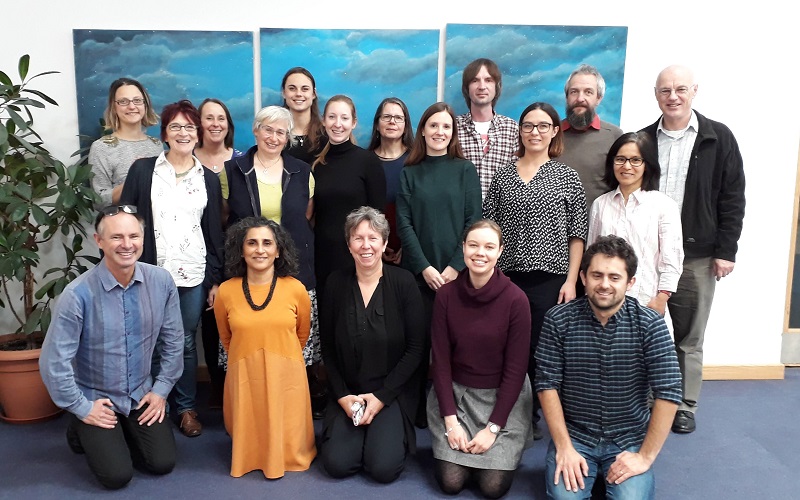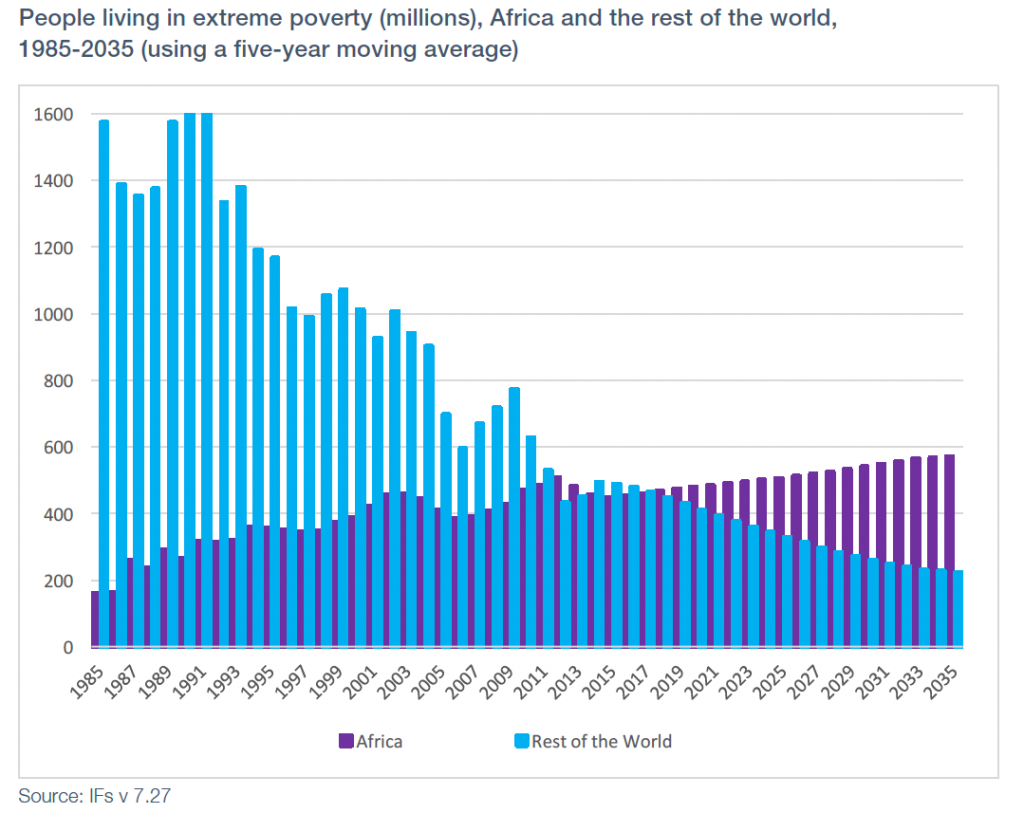
By Jim Emerson, INTRAC Chief Executive
This article was originally published in the November 2019 issue of the INTRAC newsletter. Subscribe today to receive new issues in your inbox.
Over recent weeks, as a newcomer to INTRAC, many people have asked why I chose to work with this organisation. For almost 40 years, I have worked with the large international NGOs designing and delivering complex programmes across Africa, Asia and the Americas. Having done so, why would I choose to work for this small organisation? Many clichés come to mind: “small is beautiful” and “size does not matter”. I’m sure you can think of more, but they do not explain my decision. Small can be beautiful, but it is not always so. Size sometimes does matter.
Let me try to explain “Why INTRAC?” In recent years, the aid world has been under increasing scrutiny. Critics have questioned its performance and legitimacy. This is especially so for the larger NGOs. The most pressing criticisms are those from the public and from civil society in the global south. Most recently, safeguarding has been a central target of this criticism, followed by the performance of the sector in delivering sustainable impact. The cost and efficiency of the large organisations is often called into question.
That the sector has “lost its soul” is a charge I have heard from time to time. The question recognises the moral dimension of the work we do. There has been much written on the ethics of aid and humanitarian action, and in a short introduction like this I cannot do justice to this topic. In trying to answer to the question – “why INTRAC?” – I will focus on one aspect of this: the quandary of the end justifying the means. INTRAC does not have a solution for this, but it can help with the means to a solution. As a recognised leader in monitoring and evaluation, INTRAC works with many organisations to strengthen this critical area. Good M&E requires good planning and design, which in turn requires a good understanding of the situation and its complex mix of issues, culture, challenges, constraints, and opportunities. We hope that this, in turn, leads to learning.
Reflecting on this I start to ask what is the “end” that we aspire to? When is it an end and when is it a means to an end? For example, in the Sahel, there is a complex mix of ends (including poverty alleviation, peace and security, climate adaptation, democracy, sustainable economies and safe migration). This sometimes makes it hard to distinguish the end from the means. Is a sustainable economy a means to ending poverty, or vice versa? The problems of the Sahel (and elsewhere) are a complex mix of interdependent aims and activities in unpredictable environments.

Funding proposals require detailed plans with milestones and commitments to meet over a short period; something that is hard (and sometimes irresponsible) to do.
Meanwhile, the sector has prepared and delivered many such proposals over the past four decades in the Sahel. As a result, many more children survive and go to school, and infrastructure has improved. But the share of poor people in sub-Saharan Africa more than doubled from 11% in 1981 to 28% in 2005; and it continues to increase. Taking into account the impact of climate change and of insecurity, it becomes clear that life for the poorest in Africa is likely to get worse.
Where INTRAC fits in
INTRAC’s network of relationships and associates means it has access to local, regional and global resources. It can draw on a broad range of technical expertise informed by solid practical experience. INTRAC looks at issues from a holistic perspective and creates linkages across organisations. This ensures that our training and convening capacity draws on and enhances the learning from individuals and organisations, and facilitates cross-learning and collaboration. Our training offer, especially the Consultants for Change (C4C) programme, brings INTRAC’s network and expertise closer to the emerging organisations of the South. In this way, we help to put ownership and leadership for change in the hands of communities.
This is why I joined INTRAC. We may be small but we have the potential through collaborative relationships and rigorous reflection to help civil society design sustainable solutions to today’s complex development and humanitarian challenges.

Jim Emerson became INTRAC Chief Executive in October 2019. He is a senior international development and humanitarian executive with experience across Africa, Asia, Europe and the Americas.